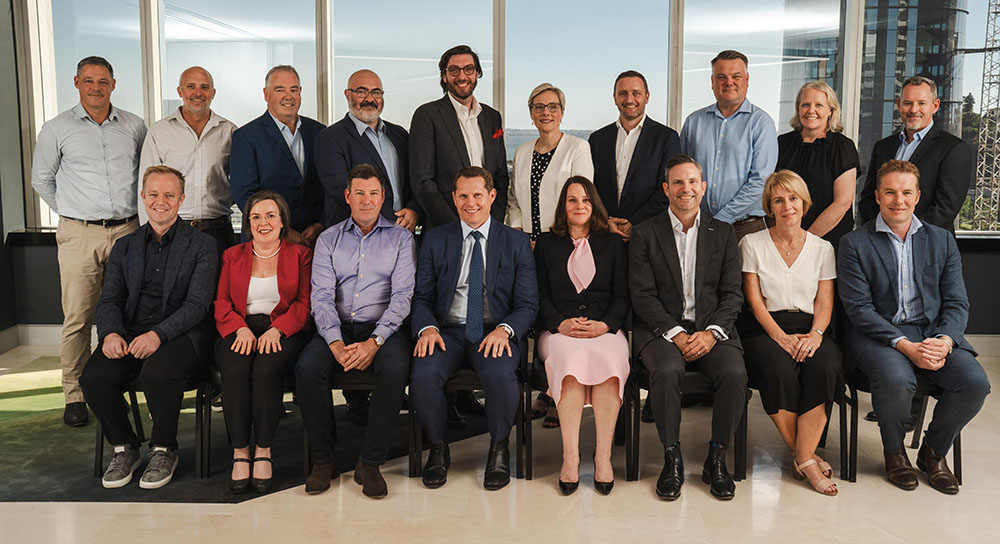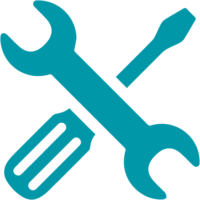Who We Are
The Chamber of Minerals and Energy of Western Australia (CME) is the leading advocate for the resources sector in Western Australia. We are a member-funded, not-for-profit organisation that represents the views of our members and advocates on their behalf.
CME leads policy development on issues impacting the sector, promotes the value of the sector to the community, and provides an avenue for members and stakeholders to collaborate.
Since our formation in 1901, CME has given members a unified voice, ensuring the priorities of the sector are well understood and our role as a driver of the Western Australian economy continues.
Our policy experts span industry and research activities, occupational health and safety, education and training, the environment, exploration, Indigenous affairs, the economy, infrastructure and tax, and workforce development.

Update Me on the Latest News & Events
Update Me on the Latest News & Events
History

In 1895, following the discovery of gold in Coolgardie, local leaseholders and representatives of the area’s gold mining companies formed the Coolgardie Chamber of Mines and Commerce to protect and advance their interests. With the addition of members from Kalgoorlie mining companies, The Kalgoorlie Chamber of Mines was inaugurated the following year, with a Perth Chamber of Mines established in 1897, consisting principally of attorneys and legal managers of gold mining companies. The Perth chapter soon folded as it was considered too far removed from the industry’s geographic centre.
Over the next few years, a great deal of legislation was passed and it became necessary for goldfields mining companies to unite on a larger scale. In 1900, the Kalgoorlie and Coolgardie Chambers were amalgamated to provide a consolidated voice for the flourishing gold mining industry. The Chamber of Mines of Western Australia was born.
At the first general meeting of the new Chamber on 11 March 1901, Richard Hamilton was unanimously elected as the inaugural President, a position he held until his death in 1943. This meeting was attended by 37 members, who voted upon the Chamber’s structure and Constitution. The Chamber’s Executive Council discussed a range of matters including opposition to the granting of a sluicing and dredging area as recommended by the Warden, methods of mine timbering, and a recommendation the Government supply immediately at least 250 additional rolling stock for conveyance of fuel and fresh water supplies to the mines.
The Chamber has grown with the sector, particularly through the boom times of the 1960s when key minerals such as iron ore, bauxite and nickel came online. As the sector expanded into oil, petroleum and natural gas, so too did the Chamber, leading to its formal renaming as the Chamber of Minerals and Energy of Western Australia.
CME Today
Since its formation in 1901, CME has continued to give members a unified voice, ensuring the priorities of the resources sector are well understood and its role as a driver of the Western Australian and national economy continues into the future.
Today, CME’s member companies generate 95 per cent of all mineral and energy production and employ 80 per cent of the sector’s workforce in the State, with their mining activities spanning from the Kimberley to the Pilbara, Goldfields and to the South West of WA
Contribution

How growth in our investments and products enrich the society and world we live in. We demonstrate forward thinking, a strong sense of social purpose and dedicate ourselves to continuous innovation.
Capability

How we build skills and social capital in our current workforce, as well as the wider Australian workforce through recognising our contributions in innovation. We are determined to unlock the diversity and capability of all Australians.
Competitiveness

How we strengthen and sustain safe, effective, productive and sustainable returns to the sector. We demonstrate capability to lead on best practice performance, showcasing our ingenuity and contribution to the world we live in.
CME’s head office is in Perth, with regional offices in Kalgoorlie and Bunbury and a regional officer for the Pilbara region. To find out more about our key policy issues, visit the Policy & Advocacy section of our website.

